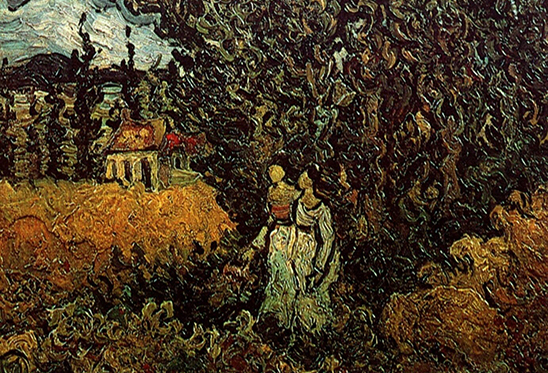Kevin E. Moch

In 2 BCE, the emperor Augustus was granted the title pater patriae, “father of his country,” by the Roman Senate. That this was an honor that the Senate had awarded only four times in Rome’s seven-hundred-year history, always to men who had saved the Roman state or the city itself from destruction, makes it clear that the patria (“fatherland”) referenced in the title was Rome as the common legal and political state shared by its citizens. This would seem as clear in Augustus’s own commemoration of the event in his Res Gestae, where the final section of autobiographical inscription remembers that “the Senate, the equestrian order, and the people of Rome universally named me pater patriae.”
As straightforward as this would seem, in reality the referentiality of the term patria in the first-century BCE was a much more complex issue than such a memorializing inscription would suggest. This is most clear in first-century authors such as Cicero, Propertius, and Vergil, whose writings show a tendency to align the term patria not with the idea of Rome as shared state but with an individual’s place of origin. That these authors would have a developed cognizance of the peculiar interaction between local affiliation and Roman state identity is quite understandable, considering that each man originated from a different Italian locality with a different history of rights and conflict with the Roman state. Moreover, the potential separability of these two aspects of identity is confirmed by Cicero’s explicit claim that all Romans originating from Italian municipalities had two fatherlands, two patriae: the one, their “true fatherland,” and their place of origin, with the other, the “common fatherland,” equal to the Roman state they held in common with other Romans as citizens.
In this context, this paper sets out to study the specific alignments of perspective attached to various instances of the term patria in the work of the poet Vergil. Using methods inspired by linguistic anthropology and psychological studies of biculturalism, this paper proceeds through a semantic study of the indexicality of the work patria in Vergil’s three surviving works: the Eclogues, Georgics, and Aeneid. In the course of analysis, it emerges that Vergil’s tendency is to use patria to refer not to larger political entities that are the sum of heterogeneous populations, but instead in its local sense to reference the specific region an individual originates from. Against this tendency, the few cases in which patria is used in Vergil’s poetry to refer to Italy or Rome as collective or adoptive “fatherland” become textually significant moments—moments which reveal not only the loss and violence that precipitate broader Italian unity in the poems, but also the more subtle political motivations behind Augustus’s promotion of the idea of a unified Italy and its coextensiveness with Rome.
Kevin Moch is the Arthur Ross Pre-Doctoral Rome Prize Fellow in Ancient Studies at the American Academy in Rome and a PhD candidate in the Department of Classics at the University of California, Berkeley.
The event will be held in English.